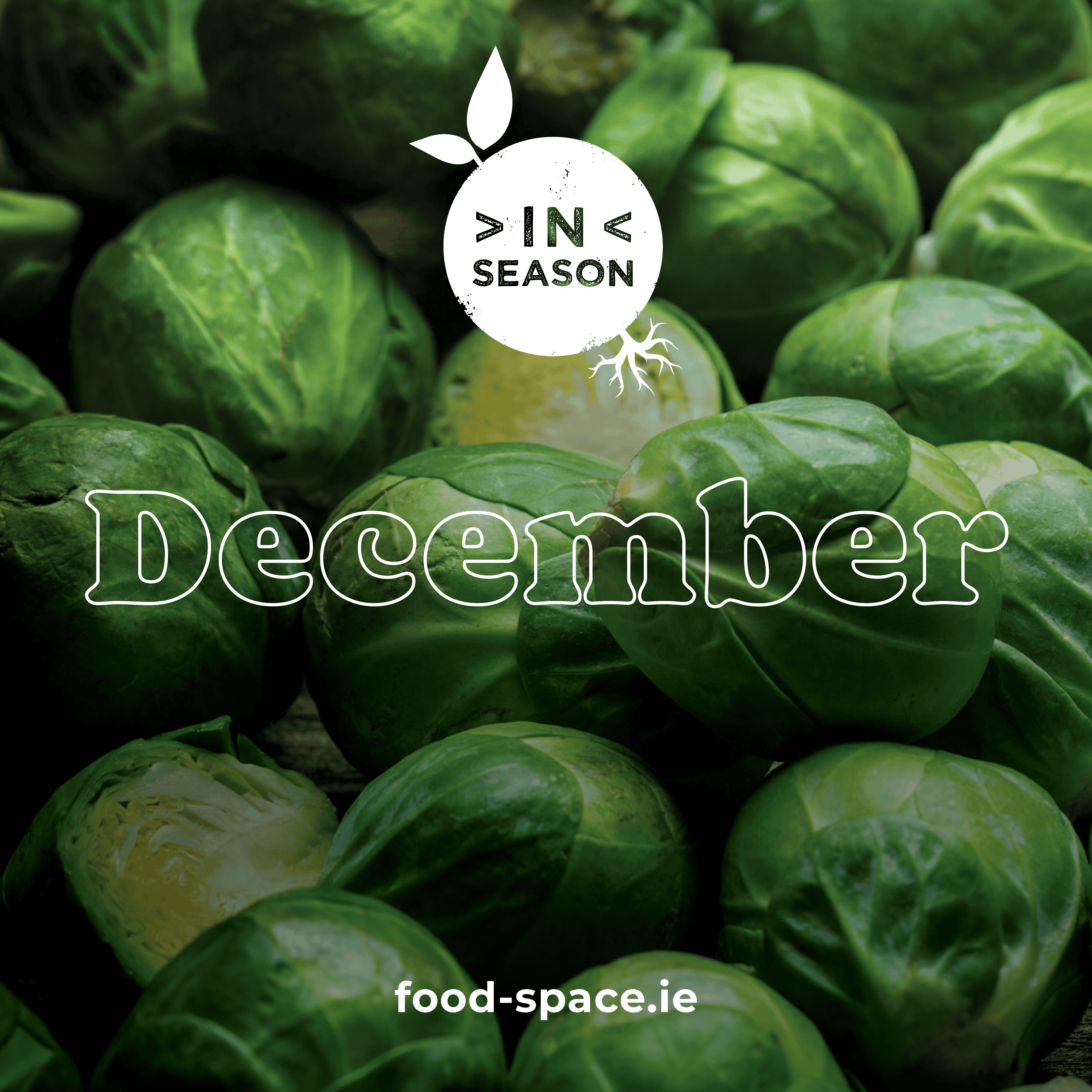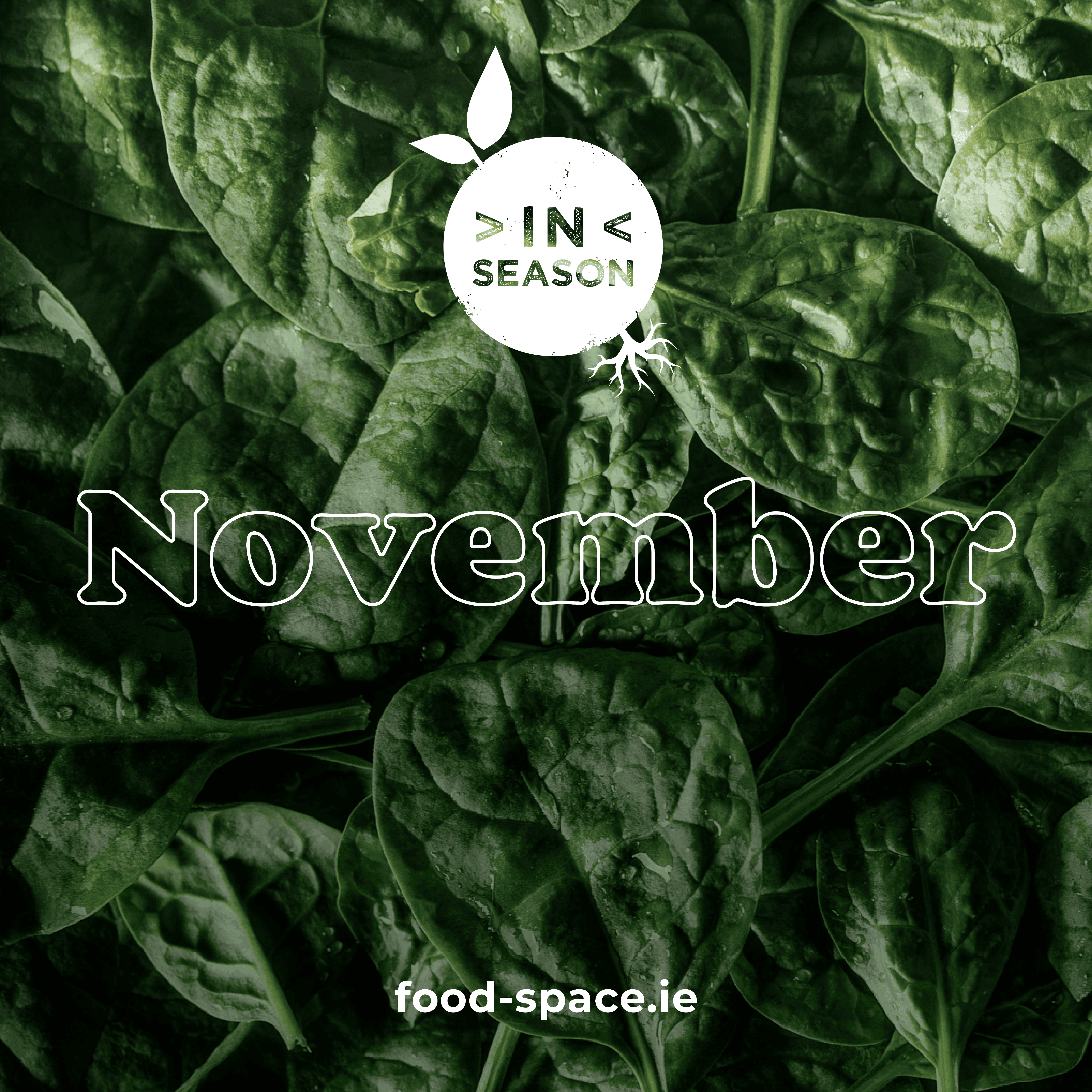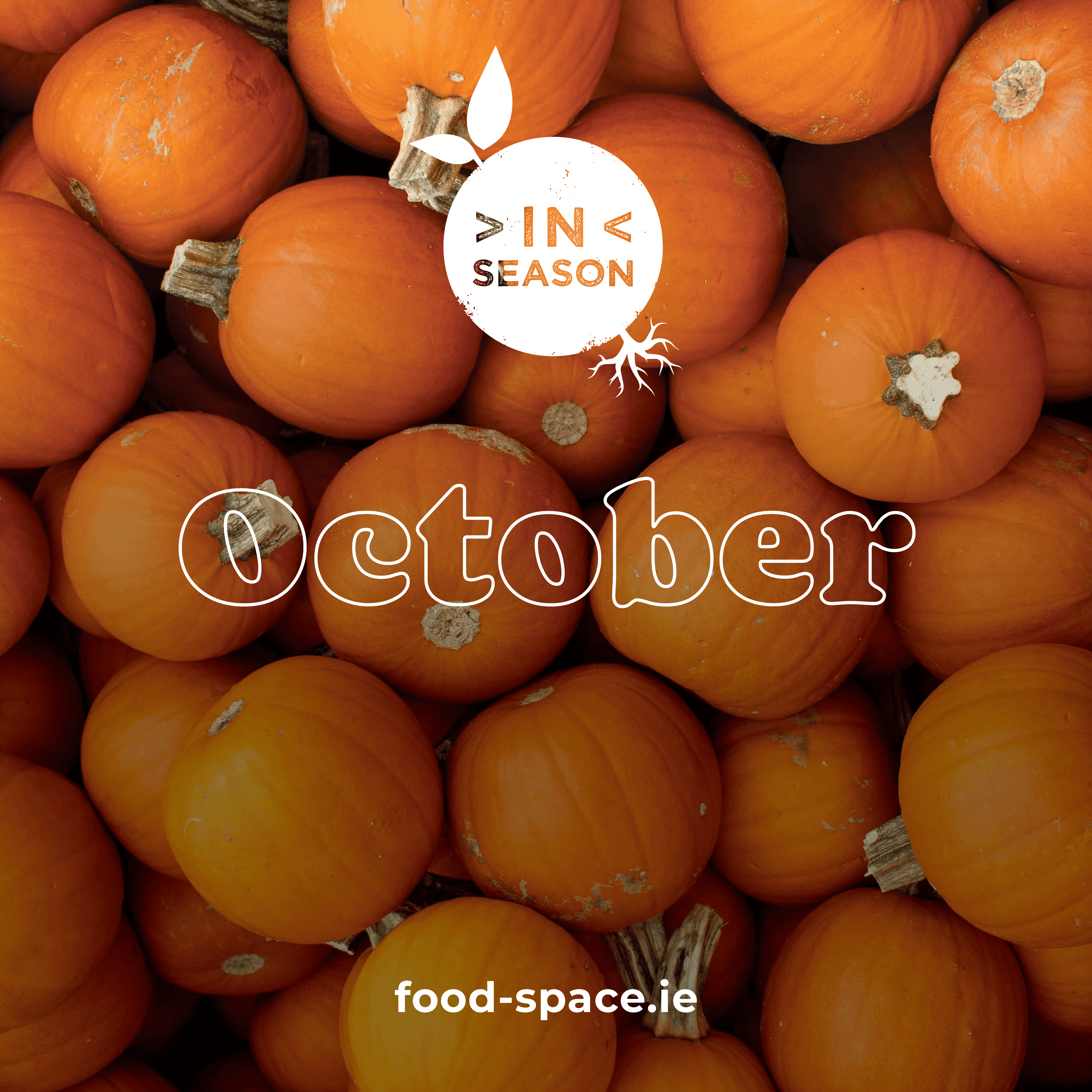FOODSPACE
LANDSCAPE HOUSE
LANDSCAPE ROAD
CHURCHTOWN
DUBLIN 14
IRELAND
+353 1 215 7000

Connecting people with real food
Real food brings out the best in your people. That’s why in FoodSpace restaurants and cafés across Ireland and the UK our menus are planned around fresh and seasonal produce to cook up some truly incredible food.
The power of community
We cultivate relationships with local growers and producers. Great relationships. Around each of our cafes and restaurants we’ll seek out the suppliers who share our own beliefs in fresh, seasonal produce and ethical, sustainable practices. Building a community of like-minded people who are passionate about real food.
Featured Blogs



Food by our Chefs
Food tastes better when it’s made fresh. All our chefs understand this. They get excited at the thought of wowing people with real food made from scratch and creating long-lasting memories for every customer.
GOOD FOR YOU
Why not? Subscribe today!
Juicy News • Unusual Recipes • Brilliant Tips • Special Treats
Serving up something special
We know our clients and customers expect more from their dining experience. Our front of house team really care about delivering exceptional service and pull out all the stops so that customers enjoy a memorable experience every day.

FOODSPACE
LANDSCAPE HOUSE
LANDSCAPE ROAD
CHURCHTOWN
DUBLIN 14
IRELAND
+353 1 215 7000
FOODSPACE IS PART OF THE APLEONA GROUP OF COMPANIES
COPYRIGHT © FOODSPACE
ALL RIGHTS RESERVED
FoodSpace is an internal division of Apleona HSG Limited - Food Services, Landscape House, Landscape Road, Churchtown, Dublin - D14 A6P3, Ireland | Registered in Ireland No. 49363, VAT Registration No. 9F71114B